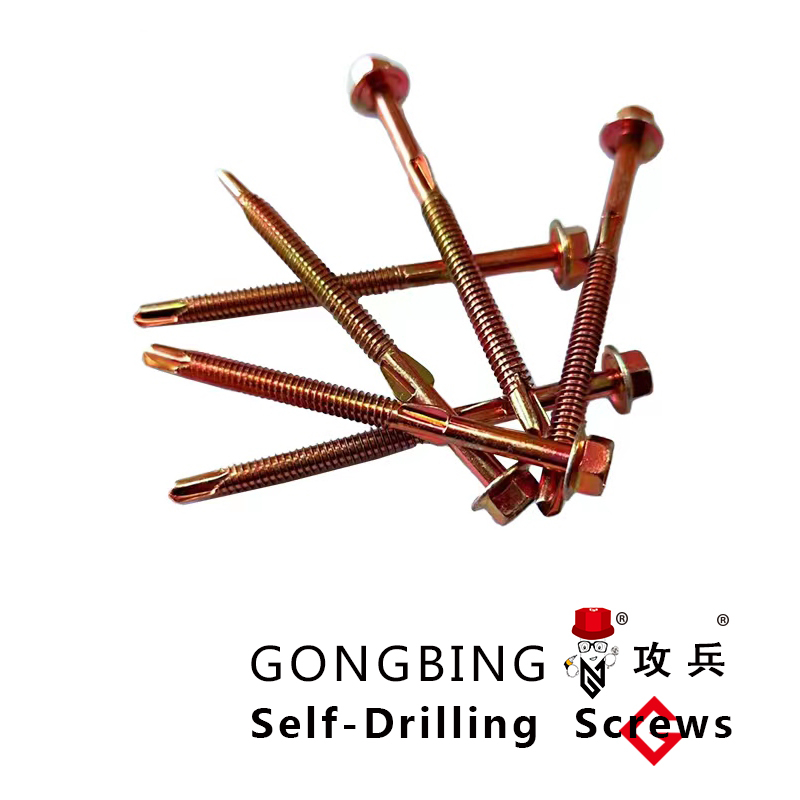High-Quality Chemical Resin Bolts for Durable Connections
Chemical Resin Bolts An Overview of Their Applications and Advantages
Chemical resin bolts are a revolutionary advancement in the field of construction and engineering, providing an innovative solution for secure anchoring in various substrates. These bolts, made from high-strength resin materials, are designed to offer enhanced durability and reliability in environments where traditional mechanical anchors may fail.
Composition and Functionality
Chemical resin bolts consist primarily of a specially formulated resin that hardens upon mixing. This makes them ideal for applications in concrete, masonry, and other structural materials. The unique bonding properties of the resin enable a strong adhesion to the host material, ensuring that the bolt remains securely in place under various stress conditions.
One of the pivotal advantages of chemical resin bolts is their ability to perform in challenging environments. Unlike conventional anchors that may loosen due to vibration, temperature fluctuations, or moisture ingress, resin bolts maintain their integrity. This resistance to environmental degradation is crucial in sectors such as construction, automotive, and aerospace, where safety and structural integrity are paramount.
Applications
chemical resin bolts

The applications of chemical resin bolts are vast. In the construction industry, they are commonly used for securing steel structures, installing machinery, and anchoring facades. Their superior load-bearing capacity makes them ideal for high-stress applications, including bridge constructions and industrial plants. Additionally, in civil engineering projects, chemical resin bolts are often used in rock anchoring, providing stability for slopes and tunnels.
In the automotive sector, these bolts are employed in various assemblies, contributing to vehicle safety and performance. They are also finding increasing use in the aeronautics industry, where lightweight and robust fastening solutions are vital.
Installation Advantages
One of the significant benefits of using chemical resin bolts is their easy installation. Unlike mechanical anchors that may require extensive drilling or precise alignment, resin bolts can often be installed with minimal effort. The installation process typically involves drilling a hole, cleaning it, and then inserting the resin bolt along with a hardening agent. This simplicity not only saves time but also reduces labor costs on projects.
Conclusion
In conclusion, chemical resin bolts represent a significant leap forward in fastening technology. Their ability to provide strong, reliable anchoring solutions in various demanding environments, coupled with their ease of installation, makes them an attractive choice for engineers and contractors. As industries continue to seek innovative and durable solutions, the adoption of chemical resin bolts is likely to grow, further solidifying their role in modern construction and engineering applications.
-
Weatherproof Plastic Expansion Anchors for OutdoorNewsJun.06,2025
-
Sustainability in the Supply Chain: Eco-Friendly TEK Screws ProductionNewsJun.06,2025
-
Load-Bearing Capacity of External Insulation FixingsNewsJun.06,2025
-
Double Head Bolts: Enhancing Efficiency in Industrial MachineryNewsJun.06,2025
-
Corrosion Resistance in Chipboard Screws: Coatings for Wholesale DurabilityNewsJun.06,2025
-
Butterfly Toggle Bolts : Enhancing Structural ResilienceNewsJun.06,2025
